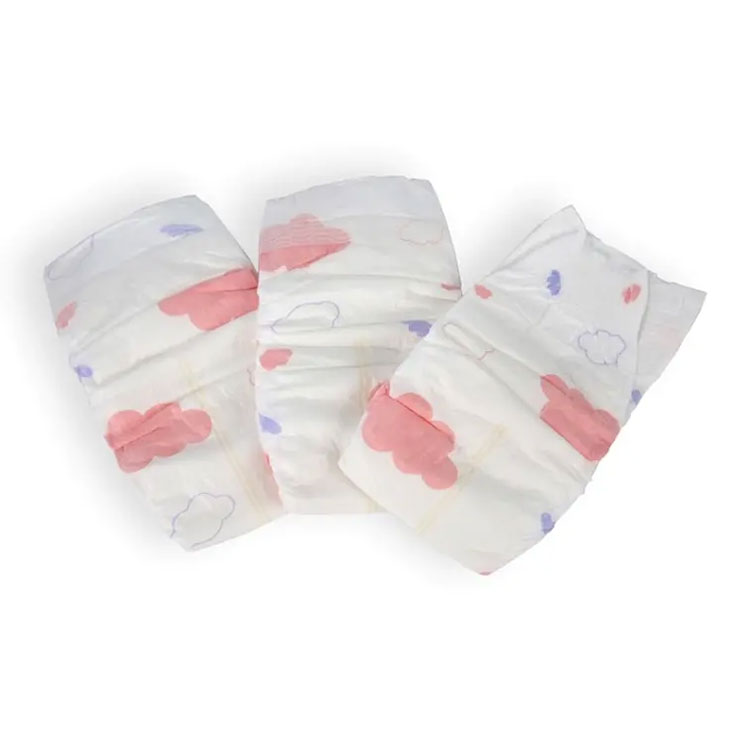Safeguarding Baby's Skin: Exploring the Chemical-Free Nature of Organic Infant Diapers
2024-03-06
As parents, ensuring the safety and well-being of our little ones is paramount, especially when it comes to selecting products that come into direct contact with their delicate skin. Organic infant diapers have gained popularity as a preferred choice for many families seeking gentle and chemical-free alternatives to conventional diapers. But are organic infant diapers truly free from harmful chemicals such as chlorine, fragrance, and latex? In this blog, we'll delve into the chemical-free nature of organic infant diapers, exploring their benefits for baby's skin and why they're a trusted choice for parents prioritizing safety and health.
Understanding Organic Infant Diapers:
Organic infant diapers are crafted from natural and eco-friendly materials, such as organic cotton, bamboo fibers, and sustainably sourced wood pulp. These diapers are produced without the use of harmful chemicals, additives, or synthetic materials commonly found in conventional diapers, making them a safer and gentler option for babies' delicate skin.
Chlorine-Free Production:
One of the key differences between organic infant diapers and conventional diapers is their production process. Conventional diapers are often bleached using chlorine or chlorine derivatives to achieve a bright white appearance. This bleaching process can leave behind harmful residues, including dioxins, which are known to be carcinogenic and may pose health risks. In contrast, organic infant diapers are produced using chlorine-free or oxygen-based bleaching methods, ensuring they are free from chlorine residues and safer for baby's skin.
Fragrance-Free Formulation:
Many conventional diapers are infused with artificial fragrances or perfumes to mask odors and create a pleasant scent. However, these fragrances can contain a cocktail of synthetic chemicals and allergens that may irritate baby's sensitive skin and respiratory system. Organic infant diapers are fragrance-free, eliminating the risk of exposure to potentially harmful fragrance ingredients and reducing the likelihood of skin irritation or allergic reactions.
Latex-Free Materials:
Latex is a common allergen that can cause skin irritation and allergic reactions in some individuals, especially those with latex sensitivities or allergies. While some conventional diapers may contain latex components, organic infant diapers are typically latex-free, reducing the risk of adverse reactions and ensuring compatibility with sensitive skin.
Third-Party Certifications:
Organic infant diapers are often certified by reputable third-party organizations, such as the Global Organic Textile Standard (GOTS) or the Forest Stewardship Council (FSC), which verify that the diapers meet strict criteria for organic production, sustainability, and environmental responsibility. These certifications provide parents with peace of mind, knowing that the diapers are free from harmful chemicals and have undergone rigorous testing for safety and quality.
Parental Feedback:
Many parents have shared positive experiences with organic infant diapers, noting that they have observed fewer instances of diaper rash, skin irritation, and allergic reactions compared to conventional diapers. The absence of harmful chemicals and additives in organic diapers provides reassurance for parents, allowing them to confidently choose products that prioritize their baby's health and well-being.
Conclusion:
In conclusion, organic infant diapers offer a chemical-free and safer alternative to conventional diapers, providing parents with peace of mind and confidence in their choice of diapering products. With their chlorine-free production, fragrance-free formulation, and latex-free materials, organic diapers prioritize baby's skin health and reduce the risk of irritation, allergies, and adverse reactions. By choosing organic diapers, parents can provide gentle care for their little ones while also promoting a healthier and safer environment for all.



